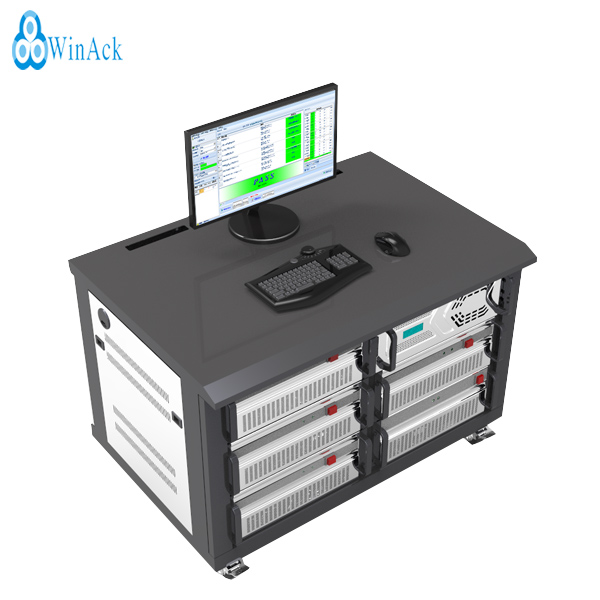In the past decade, the continuous improvement in energy density and cost of lithium-ion batteries has made lithium-ion batteries the preferred energy source for electric vehicles (EV).
However, although lithium-ion battery technology has performed well in the past ten years and has good energy and power density, it is neither a 100% mature technology nor safe under all possible operating conditions.
The chemical substances inside lithium-ion batteries are very susceptible to conditions such as temperature, overvoltage, deep discharge, and overcurrent. These conditions may cause damage to the battery in practical applications. Therefore, lithium-ion batteries require complex safety management techniques. As the energy density increases, the risk of batteries is getting higher and higher.
With the continuous deepening of research, thermal runaway has been identified as the main safety hazard of lithium-ion batteries. Thermal runaway is often caused under abusive conditions, such as overheating, deep discharge, high-rate charging, especially high-rate charging at low temperatures, high-power pulses, and squeezing, leading to internal or external short circuits.
In addition, the capacity of lithium-ion batteries will decrease with the extension of the service life, and the internal resistance will increase. This phenomenon is called aging. There are cyclic aging and calendar aging. The temperature of the surrounding medium and the temperature gradient in the battery pack will be affected. Affect the aging process.
Therefore, in order to protect the battery cell and the entire battery pack from the exothermic reaction, an electronic safety circuit, namely the battery management system (BMS), is required.

The most important function of BMS is safety protection, so that the voltage, temperature and current of the cells in the battery system do not exceed the prescribed limits. Generally speaking, BMS is an analog and/or digital electronic device, which is expected to achieve the following main goals and requirements:
1. Improve the safety and reliability of the battery system.
2. Protect the cells and battery system from damage.
3. Improve battery energy efficiency (increase driving range).
4. Extend battery life.
The first two are safety requirements, and the latter two are usage requirements. The various functions of BMS can be derived from these requirements. These functions can be divided into the following five aspects:
1. Detection and control: BMS must measure battery voltage, temperature and current. It must also detect insulation faults, control contactors and thermal management systems.
2. Protection: BMS must include electronics and logic to warn or protect operators of battery-powered systems and battery packs, and prevent overcharging, over-discharging, over-current, battery short-circuits, and extreme temperatures through additional cooling or heating systems.
3. Interface: The BMS must regularly communicate with applications that use the battery pack as a power source, reporting available energy and power, and other indicators of the battery pack status. In addition, it must record abnormal errors or abuse events in permanent memory so that technicians can diagnose them through occasional on-demand downloads.
4. Performance management: BMS must be able to estimate the state of charge (SOC), it is best to estimate all cells in the battery pack, calculate the available energy and power limit of the battery pack, and balance the cells in the battery pack.
5. Diagnosis: Finally, the BMS must be able to estimate the state of health (SOH), including detection of abuse, and may need to estimate the remaining service life of the cells and battery packs.
At the same time, you need to select a professional and reliable EV battery pack and BMS test system to test the actual efficacy of the BMS, and constantly improve according to the test results, so that the lithium-ion battery will develop better and better.
Contact: Rudy Yan
Phone: 0086- 188 0506 7911
Tel: 0086-592-7297239
Email: rudy@winack.com
Add: WinAck Group, Xiangbei Industrial Zone, Xiamen City, China